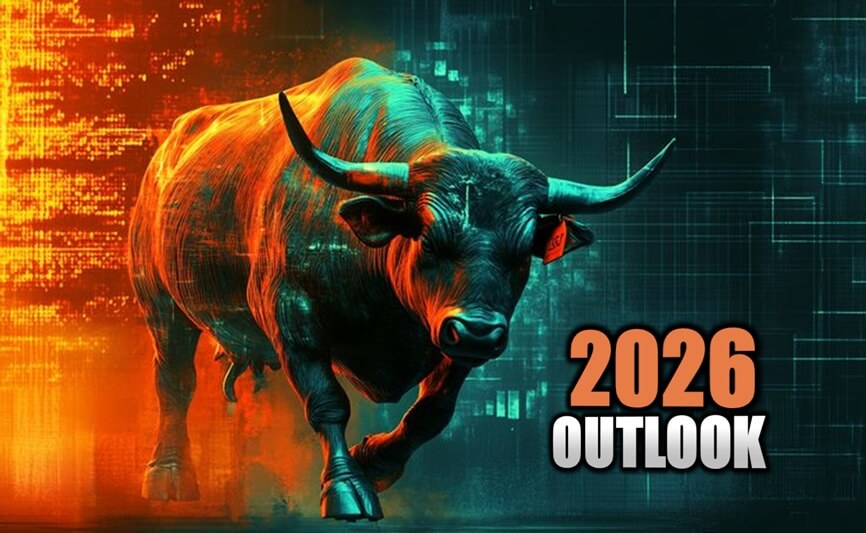Unlock the Secrets of the Year-End Stock Market Rally and January Effect!
Unlock the Secrets of the Year-End Stock Market Rally and January Effect
 Nov 07 2022
Nov 07 2022
When the Year-End Rally ends, a similar phenomenon known as the "January effect" begins. Price increases characterize the January effect as well. So, for these two effects, is it worthwhile to take savings and invest them in the stock market? Do they really exist, or are they just urban legends? And, if so, what is the explanation? Let us begin by stating that this is a self-fulfilling prophecy. This happens most of the time, but not always - there are years when the stock market was terrible in December, and years when January had no positive effect at all.
Year-End Rally
The Rally phenomenon at the end of the year is commonly explained as a self-fulfilling prophecy. Because everyone knows that the stock market rises in November and December, investors pour demand into the market to avoid being left behind and missing out on the gains. When other investors see that the market is gaining momentum, they add demand to the market, creating a self-sustaining cycle.
The main reason that can explain the rally at the end of the year is the desire of investment funds to upgrade their performance so that at the end of the year they will meet the goals set for them and look good in the performance ratings published at the end of the year. In order to renovate the returns, the investment managers usually inject demand for the shares they own, thereby causing an increase in market prices.
Furthermore, private investors buy shares in anticipation of the January effect for another reason.
The "January effect"
The main reason for this is that at the end of a calendar year, private investors sell shares on which a capital loss can be recorded in order to offset tax authorities. When you sell a share in December, the price drops, and when you buy it again in January, the price rises. This explanation is consistent with the fact that the effect is stronger in small stocks because small investors have a stronger tendency to invest in small stocks and are motivated by capital gains tax considerations.
Another explanation is that investment managers who sold off losing stocks at the end of the year buy them again at the start of the year, when their performance is still not magnified. That is, they sold in December so that they would not appear in their investment portfolios, primarily to avoid criticism, and they bought again in January because they apparently believe in these companies.
The final explanation for the effect focuses on the bonuses that companies' employees receive at the end of the year and at the beginning of January, bonuses that, in part, flow to the market in the form of demand for shares, increasing their share price.
Many statistical tests and studies show that they exist in various degrees of strength. It remains to be seen whether and to what extent these phenomena will be predicted this year. But keep in mind that there is no guarantee here; December and January can also be bad months in the stock market, as has happened several times in the past.
So, do you think it will happen this year? Leave your thoughts in the comments section below.
Unlock Exclusive Stock Insights!
Join StocksRunner.com for daily market updates, expert analyses, and actionable insights.
Signup now for FREE and stay ahead of the market curve!
Why Join?
Find out what 10,000+ subscribers already know.
Real-time insights for informed decisions.
Limited slots available, SignUp Now!
Please note that the article should not be considered as investment advice or marketing, and it does not take into account the personal data and requirements of any individual. It is not a substitute for the reader's own judgment, and it should not be considered as advice or recommendation for buying or selling any securities or financial products.



 Hadar.Goldberg
Hadar.Goldberg













Comments
Please Login to add comment